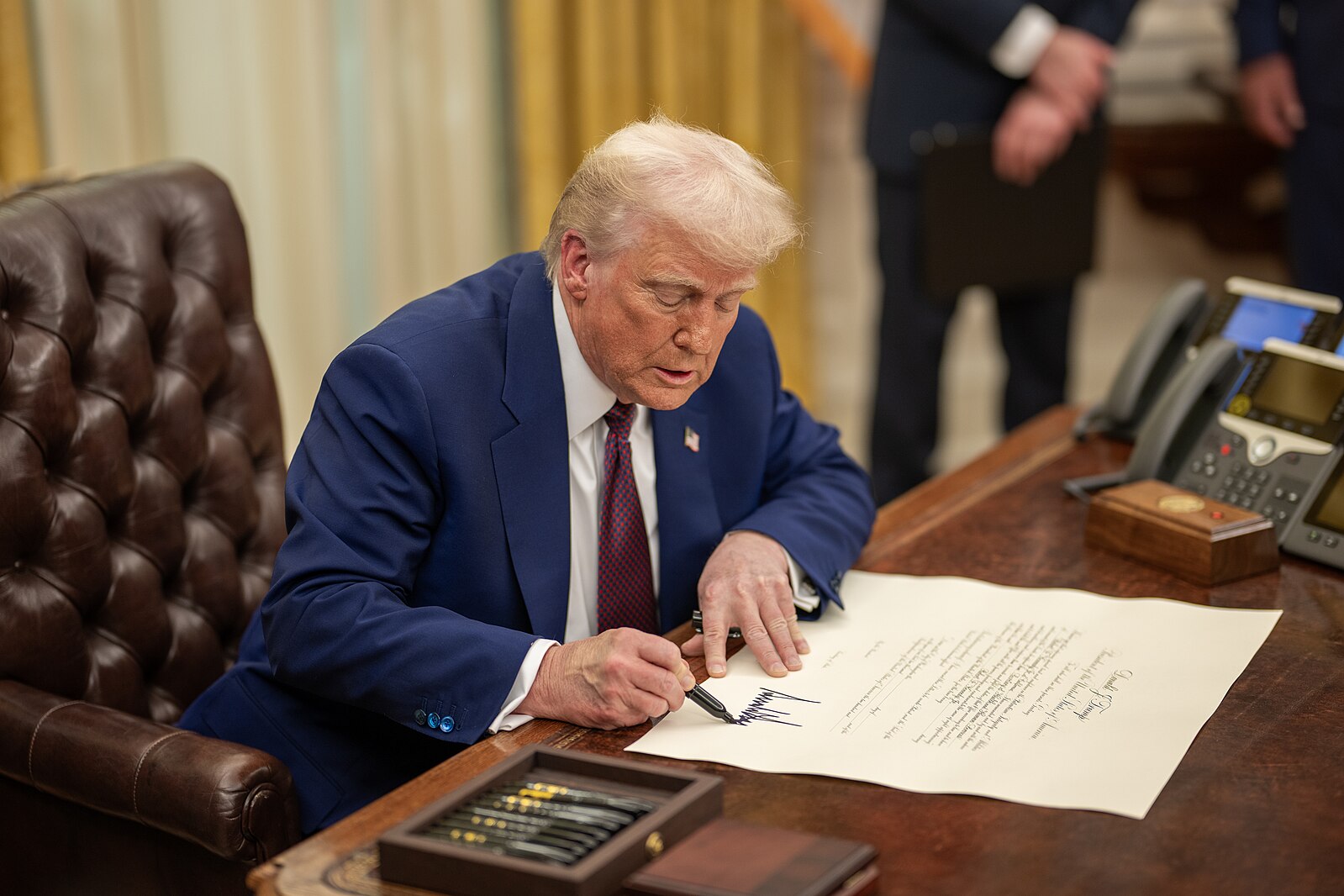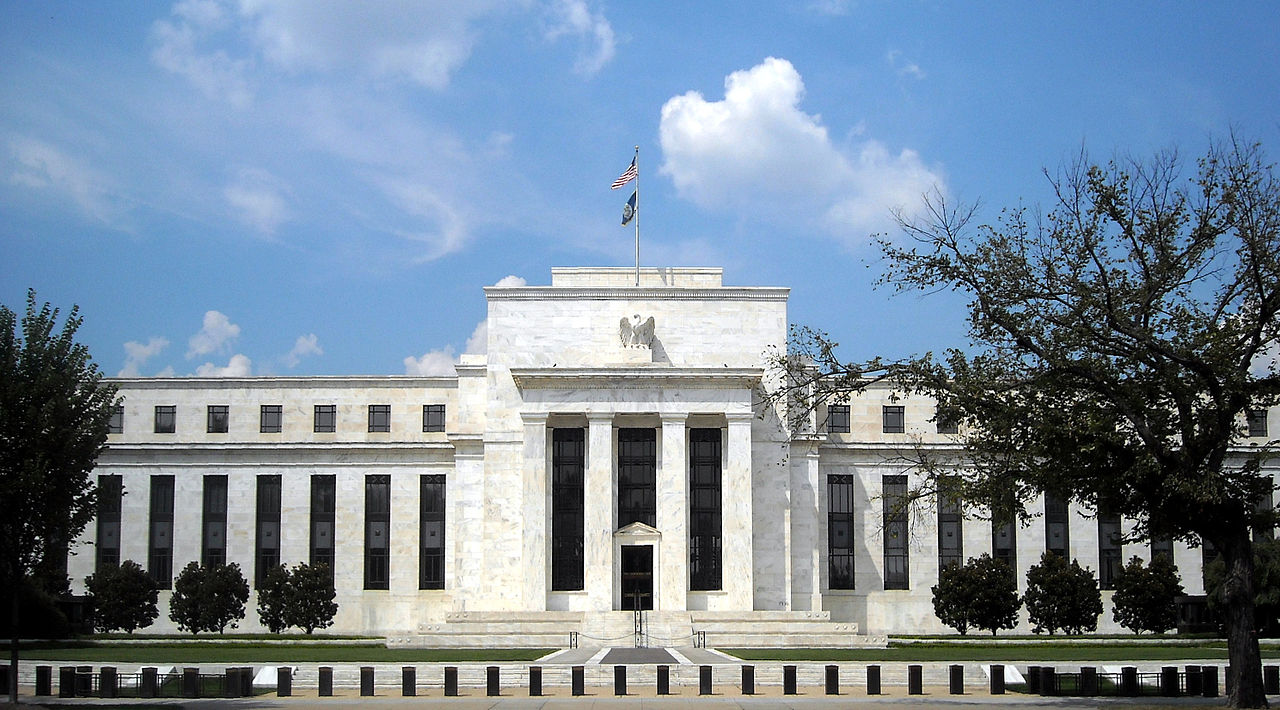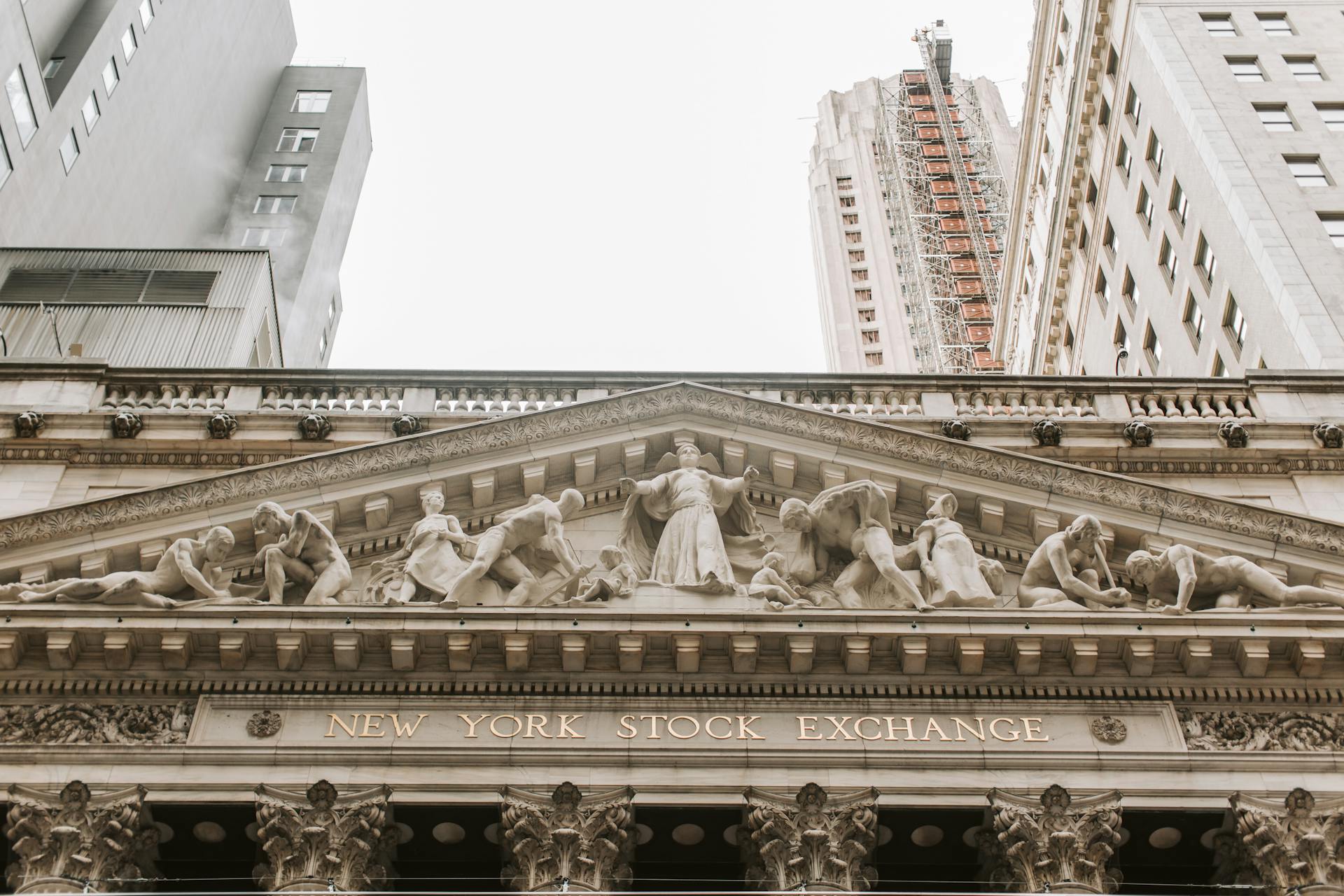U.S. News
Trump’s Tariffs Lead to Sharp Drop in Consumer Confidence: Survey
By Jake Beardslee · March 26, 2025

Consumer Confidence Hits Lowest Point Since 2021
Consumer sentiment declined more than anticipated in March, according to new data released Tuesday by The Conference Board, as financial markets reacted to President Donald Trump’s tariff strategy and rising concerns over a potential economic downturn. The report showed a significant drop in consumer confidence, now at its lowest point since 2021.This marks the fourth month in a row of declining consumer attitudes. Notably, expectations regarding future income—previously steady despite waning overall sentiment—fell substantially in March. STEVE HEASLIP/USA TODAY NETWORK / USA TODAY NETWORK via Imagn Images

Economic Worries Reach the Household Level
“Worries about the economy and labor market have started to spread into consumers’ assessments of their personal situations,” said Stephanie Guichard, senior economist of global indicators at The Conference Board. Tony Giberson/tgiberson@pnj.com / USA TODAY NETWORK via Imagn Images
New Tariffs Loom as ‘Liberation Day’ Nears
The timing of the report is especially significant, arriving just a week before a new round of U.S. tariffs is scheduled to begin. These duties are part of a broader trade strategy Trump has described as "liberation day," with the goal of rebalancing trade relationships through reciprocal tariffs. The White House / Wikimedia
Trump’s Tariff Plan Likely to Be More Targeted
Despite the rhetoric, sources reportedly told ABC News that the planned tariffs set for April 2 are expected to be narrower and more targeted than initially proposed. The administration reportedly plans to focus on countries with large trade imbalances with the U.S.News of a potentially scaled-down tariff approach boosted U.S. stocks on Monday, and major indexes continued to show modest gains early Tuesday. Canva / Pixabay

Fed Cites Tariffs as Key Driver of Inflation
Meanwhile, the Federal Reserve has adjusted its outlook in light of the trade tensions. Chair Jerome Powell acknowledged last week that tariffs are responsible for "a good part" of recent inflation. The Fed now forecasts weaker growth and higher inflation by year’s end compared to its December projections. AgnosticPreachersKid / Wikimedia
Job Market Remains Strong Despite Economic Jitters
Still, some aspects of the economy remain robust. The latest employment report indicated continued job growth and a historically low unemployment rate. Inflation has moderated from its 2022 peak but still hovers above the Fed’s 2% target. Kaboompics.com / Pexels
Recession Risks Rise as Consumer Sentiment Falls
Nonetheless, recession fears are gaining traction on Wall Street. Goldman Sachs recently increased its estimate of a recession over the next year to 20%, while Moody’s Analytics places the odds at 35%.As consumer spending represents about two-thirds of the U.S. economy, deteriorating sentiment could have wide-reaching consequences. Vlada Karpovich / Pexels